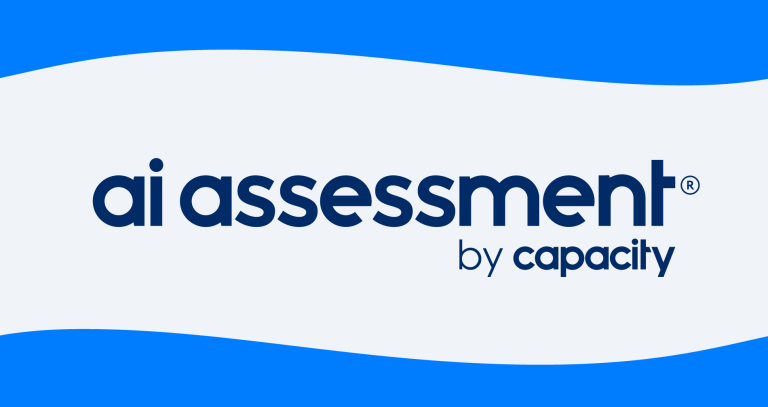Artificial Intelligence (AI) is transforming industries at an unprecedented pace. According to a report by McKinsey, AI is expected to add $13 trillion to the global economy by 2030.
However, this also means that jobs will be disrupted, with estimates suggesting that up to 375 million workers will need to switch occupational categories by 2030 due to automation.
To survive this disruption, professionals must adapt and develop the necessary skills to work alongside AI. In this article, we will explore 10 key strategies that professionals can use to survive and thrive in the age of AI.
- Focus on Developing Soft Skills
While AI can perform many technical tasks, it still lacks the soft skills that are essential for many professions. Therefore, professionals should focus on developing their soft skills, such as communication, leadership, and creativity, which will become increasingly important as AI continues to advance.
- Stay Up-to-Date with the Latest Technologies
To stay ahead of the AI disruption, professionals should stay up-to-date with the latest technologies in their field. This will help them identify areas where AI can be integrated into their work, allowing them to work more efficiently and effectively.
- Embrace Lifelong Learning
Professionals should embrace lifelong learning, which involves continually updating their knowledge and skills throughout their careers. This will help them stay relevant in their profession and adapt to changes brought about by AI.
- Specialize in Niche Areas
As AI becomes more prevalent, it’s important for professionals to specialize in niche areas where AI cannot replace them. For example, professionals in the legal and medical fields can specialize in areas that require critical thinking and human judgment.
- Focus on Emotional Intelligence
Emotional intelligence (EI) is another area where AI currently lags behind humans. Professionals should focus on developing their EI skills, such as empathy and self-awareness, which will become increasingly important as AI becomes more prevalent.
- Network and Collaborate
Networking and collaborating with colleagues in the same field can help professionals stay abreast of the latest developments and trends. It also provides opportunities for collaboration and knowledge-sharing, which can help them identify areas where AI can be integrated into their work.
- Embrace Remote Work
Remote work has become increasingly prevalent due to the COVID-19 pandemic, and it’s likely to continue even after the pandemic subsides. Professionals should embrace remote work and focus on developing the skills needed to work effectively in a virtual environment.
- Stay Agile and Flexible
Professionals should remain agile and flexible, as AI can quickly disrupt industries and careers. This means being open to new opportunities and adapting to changes in their field.
- Seek Out Mentorship
Mentorship is another way professionals can survive the AI disruption in their careers. Seeking out a mentor who has experience in their field can provide guidance and support as they navigate changes brought about by AI.
- Develop Entrepreneurial Skills
Finally, professionals should consider developing entrepreneurial skills, such as innovation and risk-taking. This will enable them to identify opportunities created by AI and create new roles and businesses that can thrive in the changing business landscape.
Conclusion:
AI disruption is inevitable, but it doesn’t have to be a threat to professionals’ careers. By focusing on developing soft skills, staying up-to-date with the latest technologies, embracing lifelong learning,
specializing in niche areas, focusing on emotional intelligence, networking and collaborating, embracing remote work, staying agile and flexible, seeking out mentorship, and developing entrepreneurial skills, professionals can not only survive but also thrive in the AI-driven world.





Comments are closed.